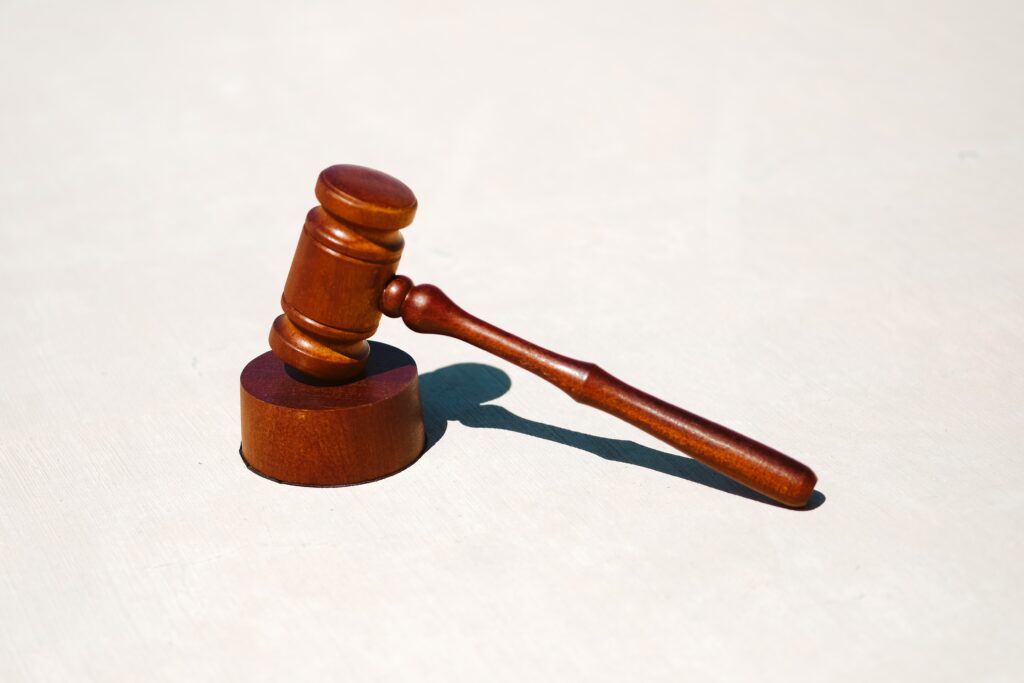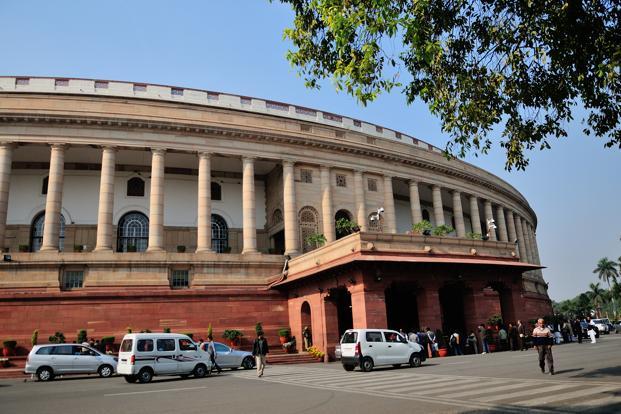Now Reading: Powers and Privileges of MLA (Member of Legislative Assembly)
-
01
Powers and Privileges of MLA (Member of Legislative Assembly)
Powers and Privileges of MLA (Member of Legislative Assembly)
The federal structure of the Indian system of governance is three-tiered, every tier having governmental functions. According to the Constitution of India, the Union or the Central Government is the highest executive body of India. It delineates several of its powers to its constituent political units that comprise the State Governments in every state. This is the second tier in the structure. In alternative words, each state is vested with exclusive executive powers, managed by the ruling governments in each state. The third tier within the federal structure is that the local-level governance of the Panchayats and therefore the Municipalities.
In this type of federal governance, every state of the Indian Union holds massive power as so much as its division of powers is concerned. Each state, whether or not it follows a unicameral or bicameral system of legislation, ought to have a legislative assembly or Vidhan Sabha. In India’s provincial legislative structure, the Vidhan Sabha is a Lower House (in states with bicameral legislature) or the only house (in states with unicameral legislature). Its members are referred to as MLAs or Members of the legislative assembly. These members are direct representatives of the people that exercise universal adult franchise from territorial constituencies. The number of members within the legislative assembly cannot exceed five hundred in any state and it cannot be fewer than sixty members in any state (though the Legislative Assemblies of Mizoram and Goa have 40 members each, Sikkim has 32 and Puducherry has 30 members). The responsibilities of the MLAs in every state are corresponding to that of the Members of the Parliament within the Lok Sabha. The legislative assembly is that the highest law-making body in every state. The Members of the legislative assembly represent every body of the state as members are electoral to cater to the interests of every region within the state.
Powers of an MLA
The powers and functions of the Members of the Legislative Assembly are:
- Legislative Powers
- Financial Powers
- Executive Powers
- Electorate Powers
- Constituent or Miscellaneous Powers
Legislative Powers –
The primary function of a Member of the legislative assembly is law-making. The Constitution of India states that the Members of the legislative assembly will exercise his legislative powers on the State List and the concurrent List. The State List contains subjects of importance to the individual state alone, like trade, commerce, development, irrigation, and agriculture, whereas the concurrent List contains subjects of importance to both the Union Government and also to the state government like succession, marriage, education, adoption, forests so on. Although ideally, solely the Members of the legislative assembly will enact on the State List, the Parliament will enact on subjects within the State List when an Emergency has been imposed on the state. In addition, thereto, on the matters that are enclosed within the concurrent List, the laws created by the Parliament are prioritized. Although the Members of the Legislative assembly are the best law-making organs of the government, their legislative powers aren’t absolute.
Financials Powers:
The legislative assembly holds absolute financial powers within the state. A money Bill can solely originate within the legislative assembly and also the Members of the assembly should provide consent for any of the expenses made up of the State Treasury. It should be noted that within the states that have a bicameral assembly, both the law-makers and therefore the Vidhan Parishad will pass the Bill or counsel changes to the Bill in a period of fourteen days of its receipt though the members aren’t obliged to abide by the changes recommended. All grants and tax-raising proposals must be authorised by the MLAs for them to be executed and implemented for the development of the state.
Executive Powers:
The Members of the legislative assembly in every state exercise definite executionary powers. They manage the activities and actions taken by the Chief Minister as well as the Council of Ministers. In alternative words, the ruling government is answerable to the legislative assembly for all its selections. A vote of no-confidence will be passed solely by the MLAs in any state that, if elapsed by a majority, will force the ruling government to resign. Question Hour, Cut Motions and Adjournment Motions will be exercised by the Members of the legislative assembly so as to limit the executive organ of the state government machinery.
Electoral Powers:
- The Members of the Legislative Assembly have certain electoral powers such as the following:
- Elected Members of the Legislative Assembly comprise the Electoral College that elects the President of India.
- MLAs elect the members of the Rajya Sabha, who represent a particular state.
- The Speaker and the Deputy Speaker of the Legislative Assembly are elected by the MLAs.
- In states with a bicameral legislature, one-third of the members of the Legislative Council are elected by the MLAs.
Constituent and Mislleanous Powers:
- Some elements of the Constitution of India that relate to federal provisions are often amended by confirmation by half of the Members of the legislative assembly.
- MLAs review reports of the public Service Commission and therefore the comptroller General.
- MLAs appoint the various Committees to the House.
Privileges of an MLA
According to the Constitution, the powers, privileges and immunities of Parliament and MP’s ar to be outlined by Parliament. No law has to this point been enacted in this respect. In the absence of any such law, it continues to be ruled by British Parliamentary conventions.
The privileges individually enjoyed by the members are:
- Freedom of speech in parliament:
The members of the parliament are provided with the liberty of speech and expression. As the actual essence of our democracy is certainly a free and fearless discussion, something said by them expressing their views and thoughts are exempted from any liability and cannot be tried in the court of law.
The freedom of speech and expression certified to a national citizen under Article 19(2) is completely different from the liberty of speech and expression provided to a member of the parliament. It has been ensured under Article 105(1) of the Indian constitution. But the liberty is subject to rules and orders that regulates the proceedings of the parliament. This right is given even to non-members who have a right to speak in the house. Example, attorney general of India. So that, there’s a fearless participation of the members within the dialogue and each member will proposes his thought.
- Freedom from Arrest:
According to the Article 361 of the Constitution of India, the members enjoy freedom from arrest in any civil case 40 days before and after the adjournment of the house and also when the house is in session. No member is perhaps arrested from the proceedings of the parliament without prior permission of the house to that he/she belongs in order that there’s no hindrance in performing their duties.
If the detention of any members of the parliament is made, the chairman or the speaker should be informed by the concerned authority, the reason for the arrest.
But a member may be arrested outside the limits of the house on criminal charges against him under The Preventive Detention act, The Essential Services Maintenance Act (ESMA), The
National Security Act (NSA) or any such act.
- Freedom from appearing as a witness
The members of the parliament relish special privileges and are exempted from attending court as a witness. They are given complete liberty to attend the house and perform their duties with no interference from the court.
Privileges Provided to the Members Collectively as Part of Parliament:
- Right to prohibit the publication of proceedings:
As stated in Article 105(2) of the Constitution, no one shall be held responsible for publications of any reports, discussions etc. of the house under the authority of the member of the house. For predominant and national importance, it is essential that the proceedings should be communicated to the public to aware them about what is going on in the parliament.
But, any partial report of separate a part of proceedings or any publication created with malice intention is disentitled for the protection. Protection is merely granted if it reflects the actual proceedings of the house. If any expunged proceedings are printed or any false statement or misreporting is found, it is held to be the breach of the privilege and contempt of the house.
- Right to Exclude Strangers:
The members of the house have the authority and right to exclude strangers who are not members of the house from the proceedings. This right is essential for securing free and fair discussion within the house. If any breach is reported then the punishment in the form of admonition, reprimand, or imprisonment can be given.
- The Right to Regulate the Internal Affairs of the House:
Each house has a right to regulate its proceedings in the way it deems fit and proper. Each house has its own jurisdiction over the house and no authority from the other house will interfere in regulation of its internal proceedings. Under Article 118 of the Constitution, the house has been empowered to conduct its regulation for proceedings and cannot be challenged in the court of law on the ground that the house is not in accordance with the rules made under Article 118. The Supreme Court has further held that this is often general provision and also the rule isn’t binding upon the house. They can deviate or amend the rule anytime correspondingly.
Punishments for breach of privileges or contempt of the house
- Imprisonment – If the breach committed is of a grave nature the, penalty will be given within the variety of the imprisonment of any member or person.
- Imposing fine – If within the view of the parliament, the breach or contempt committed is of economic offence and any monetary gain has been made of the breach then, the parliament can impose fine on the person.
- Prosecuting the offenders – The parliament also can prosecute the one committing the breach.
- Punishment given to its own members – If any contempt is committed by the members of the parliament then, he is to be penalized by the house itself that might also result in the suspension of the member from the house.









